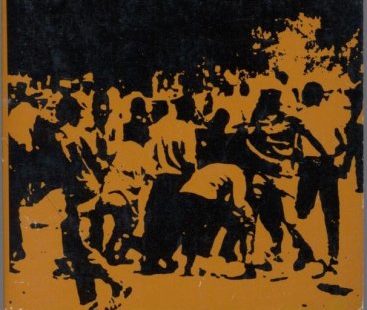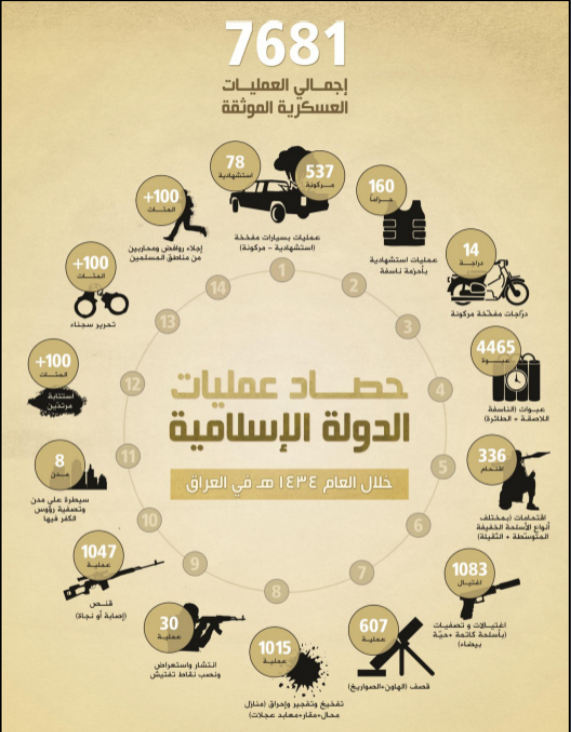1.
The thought experiment of Mary’s Room goes as follows:
Mary is a brilliant scientist who is, for whatever reason, forced to investigate the world from a black and white room via a black and white television monitor. She specializes in the neurophysiology of vision and acquires, let us suppose, all the physical information there is to obtain about what goes on when we see ripe tomatoes, or the sky, and use terms like “red”, “blue”, and so on. She discovers, for example, just which wavelength combinations from the sky stimulate the retina, and exactly how this produces via the central nervous system the contraction of the vocal cords and expulsion of air from the lungs that results in the uttering of the sentence “The sky is blue”…. What will happen when Mary is released from her black and white room or is given a color television monitor? Will she learn anything or not?
Frank Jackson, “Epiphenomenal Qualia“.
I want you to re-imagine Mary as a brilliant scientist who specialises in the study of violence, and acquires all the physical information there is to obtain about what goes on when we engage in violence at the individual level. What will happen when Mary is released from her room, and I immediately punch her hard in the stomach?
2.
I hope that last sentence shocked you, since that’s part of the thought experiment, but we’ll come back to your reaction in a moment. For now I want to focus on what Mary learns when she’s punched, and why that matters.
The first time somebody hits you in a fight – not a pile-on, or plain bullying, but a stand-up fight – you learn something about yourself. Like Mary emerging all of a sudden from her black and white room into the colourfull world, you learn something that you may have heard about, or read about, or watched, but have never really experienced.
It’s not the qualia of pain that you experience for the first time – although pain is part of the equation – since you will probably have experienced pain before, maybe a broken leg or appendicitis. What you learn is something about yourself that can’t be described second-hand, in the same way that I can’t really describe red to you.
I’m a complicated pacifist. I’ve seen violence and the effects of violence up close – people who’ve been shot, and stabbed, and beaten near to death – and I do not wish that on anybody. I also trained in martial arts for a period of years, during which time I was punched (and kicked, and thrown, and generally put on the floor because I am extremely bad at fighting). Learning to fight (even badly) is not just useful but good, because of what it teaches you; if you do it right you don’t just learn to take a punch, you learn something about yourself.
I’m not arguing that we should all go out and start fights as part of our voyage of self-discovery. I for one would be perfectly happy if nobody ever hit me again, although I strongly suspect that somebody will try to hit me at some point. I’m arguing that the experience of violence needs to inform our view of the world, and of ourselves.
3.
Frantz Fanon’s The Wretched of the Earth talked about violence in a way that I’d never been exposed to before, mainly because I’d never read anything about violence before. I’d watched the charlatan dance of violence on the screen, but that had not the force that Fanon’s writing had; and absolutely nothing had prepared me for the knitting together of personal acts of violence with the wider phenomenon of political violence.
The Wretched of the Earth valorizes violence as a necessity for the colonized to become truly free of the colonist. The chapter Concerning Violence states that “At the level of individuals, violence is a cleansing force. It frees the native from his inferiority complex and from his despair and inaction; it makes him fearless and restores his self‑respect.” Colonial rule is constituted by violence at every level, and so violence is the only way to decolonise a colonised society; only the master’s tool can dismantle the master’s house.
Fanon was empirically wrong: there’s no evidence that the more violent decolonisation was in any given country, the more the colonised were freed from their mental shackles; and violence seems more to seed later violence, rather than provide a solid foundation for nation-building. But his view was more nuanced than that: he recognised the cost of violence, especially in the later chapter on Colonial Wars and Mental Disorders, which makes clear that violence disorders us all, perpetrator, victim and onlooker.
That chapter begins “Perhaps the reader will find these notes on psychiatry out of place or untimely in a book like this”, yet Fanon believes that these notes are essential to his argument. One way to reconcile the two positions is by reading “At the level of individuals, violence is a cleansing force” in the political rather than the psychoanalytical sense – even though Fanon’s work was trying to sew a new way of thinking together from these two disparate cloths. Violence is a short term political tool with a long term psychological cost.
4.
Interviewing the novelist Kim Stanley Robinson about his book “The Ministry for the Future”, the journalist Ezra Klein asks, “I wanted to hear you talk a little bit about under what conditions you think violence is the appropriate response to the kind of violence that is being done to the biosphere.” Robinson’s answer is fascinating, and worth quoting at length:
“I’m nervous and squeamish about it, I don’t like it but I’m going to talk about it anyway, because of course I’ve had to think about it, and when you read the novel, you can see the novel squiggling under the pressure of this question that you’ve asked. I would say: never. I mean, I personally – as a prosperous, middle class, white American bourgeois suburban househusband – would say best if there is never violence. Rule of law, change the law, get it done by the discursive battle. You convince enough people to get a working majority in the governmental systems and your political representatives; you make them do the right thing by force of numbers and the discursive persuasive battle, and get it done that way. And I truly hope that actually happens… so when I wrote about the violence that happens in the novel, I did it because I think it might happen despite my own personal wishes, and I wanted the novel to be true not to my wishes but to the world situation right now…. It seems to me that we are responding so poorly to the dangers of climate change and there are such powerful forces entrenched and wanting to keep burning carbon that stopping them might take more. And certainly there are going to be people traumatised and immiserated and angry who are going to say “dammit, it’s time to take action, time to resist.”… You can see the novel flailing and dodging in the attempt not to make a statement in support of violence but fearing that it’s going to happen and therefore it has to be channelled, or maybe used, if people can use it so it has an effect rather than a horrific blowback.”
I am similarly bourgeois, and I have the same squeamishness about violence that Robinson talks about, because it’s part of my cultural conditioning. The trauma of the Second World War understandably led Europe down a path on which violence was, while not eliminated from the culture, cordoned off by convention. We were commanded to accept the arrogation of violence by the state to its proper agents: the police, the military, the security services.
Yet violence is part of us, not just part of our history but of our psychology, and no amount of cultural conditioning can change that. Instead our cultural conditioning changes the way we talk about violence, which changes the way we think about violence. To perpetrate violence became seen not so much as morally incorrect as it was psychologically aberrant; if you are violent, there is something wrong with you. This is why we react so viscerally when I write about punching poor Mary in the stomach.
The conclusion of that logic is that, if you use violence for political ends, you invalidate those political ends. We see this playing out in recent protests, where people who still hold this logic are so repelled by violence that they reject political goals that they might otherwise agree with. This is true even when state agents, who they believe to be legitimate, are revealed to be acting illegitimately – and state agents know this, which is why creating the conditions for that violence has become critical to the management of dissent. Whenever a protest turns into a riot, this looks like failure but in fact counts a success for the state.
If you go back and listen to the interview, you can hear Robinson tiptoeing around the simple fact that he finds violence incorrect, aberrant, repugnant; but that he also suspects that it may not only be inevitable, but justified in the face of catastrophic climate change in which states and corporations are complicit. I am squeamish enough that I don’t want to argue for more violence, but I do want to argue that we need to restore violence to our political vocabulary in order to be able to talk more constructively about violence, particularly political violence. The point Robinson is afraid to make is that if you’re considering violence, there might be nothing wrong with you after all.



